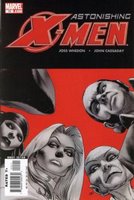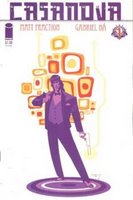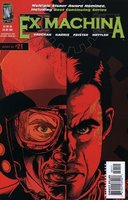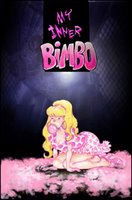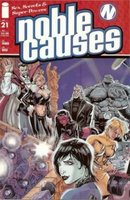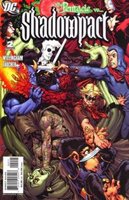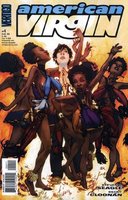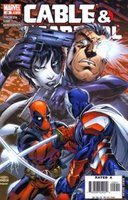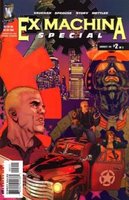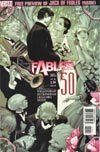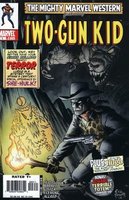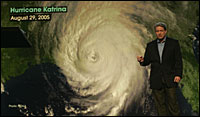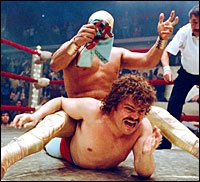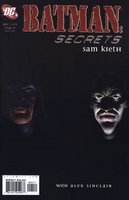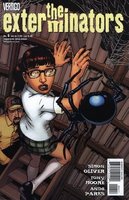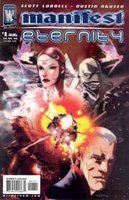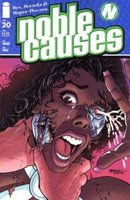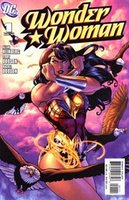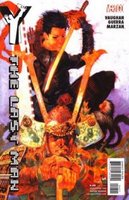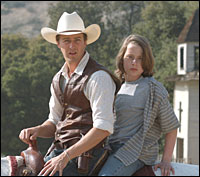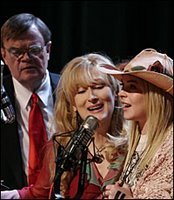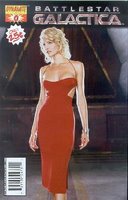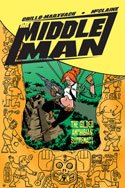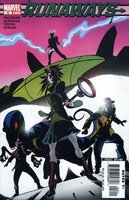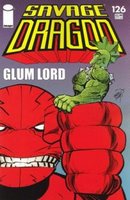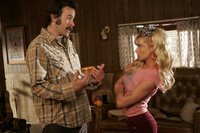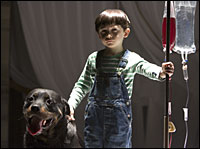 The Devil Wears Prada (Anne Hathaway, Meryl Streep, Stanley Tucci, dir. David Frankel)
The Devil Wears Prada (Anne Hathaway, Meryl Streep, Stanley Tucci, dir. David Frankel)You know, I was really hoping to like this movie. I'm a big fan of movies that can be light and breezy yet smart about subject matter generally considered "girly" and insubstantial by serious filmgoers. Stuff like Clueless, Legally Blonde and Bring It On (which is a movie I realize I bring up like once a month) is fun and entertaining but gives its apparently superficial characters credit for being real people with genuine emotions and passions, and doesn't condescend to them for cheap laughs. In other words, they turn out not to be superficial after all. My main problem with The Devil Wears Prada is that it tries to have it both ways. On one hand, Anne Hathaway's fashion-phobic young assistant Andy embraces the haughty world of couture and comes to appreciate its value (there are some really interesting speeches about the artistry and care that go into fashion design), and I am all for a movie that wants to take a traditionally derided field and show its hidden depths and underappreciated value.
On the other hand, the ultimate moral seems to be that such a world is inherently superficial and cruel, and it's only when Andy rejects the fashion world and goes to work at an old-fashioned newspaper that she's truly happy and morally sound. Which, to me, was a huge cop-out. Andy seems to come to genuinely value her insights about fashion and her ambitions about her career, but because one writer she idolizes turns out to be a cad and her boss has been unable to sustain a healthy romantic relationship, she fears losing her boyfriend (who, really, should give her more leeway to pursue her dreams) and her pretentious art-gallery snob best girlfriend, so she retreats to the kind of earnest, boring journalism she did in college. In a way this is a very anti-feminist film: The overriding message seems to be something like "Women, go after your dreams, but only if it doesn't upset your boyfriend too much or screw with his schedule." What a bunch of infuriating bullshit.
So I'm suprised that the reviews have been so positive and, moreover, so la-dee-dah glib about such a morally confused and confusing film. Never mind that it's blandly directed and the plot has virtually no conflict or dramatic tension. (Walter Chaw is one of the few who gets it.) Everyone focuses on Streep's performance like it's some sort of revelation, but did they not see her in The Manchurian Candidate remake? Sure, she does ice-queen very well, but, aside from one shoehorned-in scene, it's a one-note performance, even if she plays that note well. Don't be fooled by reviews. This is a bad, bad movie. Wide release
 Naked in Ashes (documentary, dir. Paula Fouce)
Naked in Ashes (documentary, dir. Paula Fouce)My review in Las Vegas Weekly
Sometimes I wonder how movies like this even make it to theaters here. This is the kind of thing you might flip past on some high-numbered cable channel, watch for a few minutes and then flip off. There is absolutely no reason to see it in a movie theater. With all the really interesting indie and foreign films that never make it to Vegas theaters, it's sort of frustrating that something as useless as this gets to play on a big screen, even if only for a week. Opened limited Oct. 21; in Las Vegas this week
 Superman Returns (Brandon Routh, Kate Bosworth, Kevin Spacey, dir. Bryan Singer)
Superman Returns (Brandon Routh, Kate Bosworth, Kevin Spacey, dir. Bryan Singer)I meant to post about this earlier in the week, but other, more pressing work got in the way, and at this point much of what I might have said is redundant. This is one of those movies about which I am rapidly approaching critical fatigue, since so many people have been talking about it for so long. I will say that I found it immensely entertaining while I was watching it (which occurred after one of those awful movie theater horror stories that makes people stay home and watch DVDs - sound totally screwed up, the movie stopped after 45 minutes and restarted in another theater with properly working speakers), but started feeling less charitable as I thought about it more. Ultimately, I feel the same way about this movie as I did about King Kong - I had fun, sure, but I left wondering, "So what? Why did they spend $200 million to make this movie?" Maybe part of it is that I've always found Superman the character deathly boring, and I really think after all this time it's unlikely that anyone can tell any kind of new story about Superman. Not that Singer tries to do that - he's so enamored of the Richard Donner Superman movies (as I talked about here) that he pulls even some of their more ill-advised elements (Luthor's obsession with real estate, for one) into his movie. Like King Kong, this is a movie hampered by being overly reverent to a formative movie in the director's development. Even though some of the reports of the drastic changes made to the character in the many earlier incarnations of this movie that never made it to the screen are ridiculous and bordering on comic book blasphemy, I almost would have preferred to see them over this, because at least it would have been something new. Wide release
